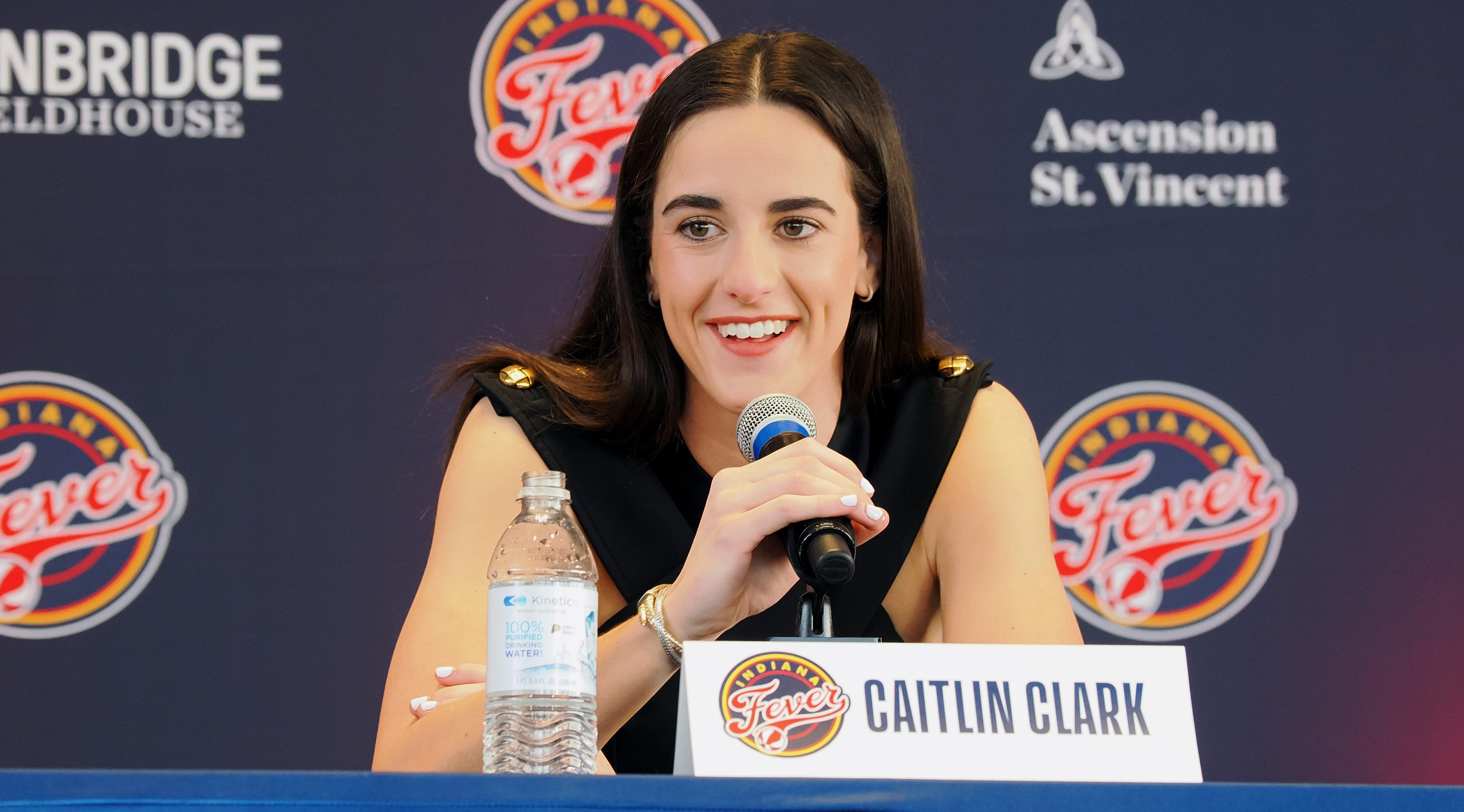
On July 1 at 9:59 p.m., winger Martin Havlat became one of the first NHL players to publically comment on his own free-agent signing via Twitter when he left the Chicago Blackhawks for the Minnesota Wild: "Excited to be in Minny where I was welcomed and appreciated by management. The real story about what happened in Chicago to come out."
A few hours later, his agent Allan Walsh confirmed the contract terms on his own Twitter feed -- 6 years, $30 million deal with a no-movement clause -- before using his new-media megaphone to call out the Blackhawks in consecutive 'Tweets':
"Havlat received multi year offers from several teams...except Chicago. After 3 months of negotiating a long term contract, Chicago would ... not offer anything more than a 1 year deal. So much for taking care of the team MVP."
Like the NHL Draft, the free-agent feeding frenzy was very much a Twitter event, with news broken swiftly by teams, journalists and, in this case, a player and his agent. But Walsh has been ahead of this curve for months, offering strong editorial opinions and candid player news (May 19: "I just spoke with Marty Havlat. He is taking his pre-game nap now") on his Twitter feed as over a thousand followers watch intently.
"What I've done is approached all of my clients to say, 'I'm on Twitter, and this is the kind of stuff I'm putting up on there. I am going to use your name when something merits it, but I'll never divulge confidential information and I'll never put anything up there that I feel shouldn't be up there.' And not one player has said they have an issue with it," said Walsh, chatting at a hotel café during the NHL Draft in Montreal.
"I approached some of my players and said, 'Hey, look at this as a way of expressing yourself to the outside world, to your fans, and putting out there some of the stuff I know to be true."
Sports
In the process, Walsh is offering a glimpse into how social media is revolutionizing NHL players' relationships with their fans, the media and -- eventually and perhaps inevitably -- potential marketing partners and sponsors.
Walsh said he's been an agent for 16 years. He's a member of Octagon Hockey, the puck-specific arm of the gargantuan Octagon, Inc. agency that manages talent from Michael Phelps to Marc-Andre Fleury.
It was at Octagon's McLean, Va. offices where Walsh said he was first exposed to the potential benefits of Twitter for his clients. Jim DeLorenzo, vice president of Octagon Digital, developed Twackle.com as a sports-oriented search feed and helped pique Walsh's interest.
"Jim put on a little presentation about it. I've always been somebody who's always felt that, number one, NHL players are under-marketed and under-promoted; and that there's been a general philosophy over the years that the way to sell hockey is through the logo and not the individual personalities of the players," said Walsh.
"Overall, knowing so many players and finding so many of them to be fascinating individuals with varied interests outside of hockey ... you see that in the NFL, you see that in the NBA, you see that with a lot of players in Major League Baseball. You see zero of that in hockey."

In the past, the way to offer that glimpse into a player's private life was through a vanity Web site; one that would typically include photos, biographies, quasi-recent news, a half-hearted attempt at a blog and, of course, a memorabilia store.
"A player Web site is like a magazine: You flip through it, you read all the pages, and then you're basically done. You can go back to it in three weeks or four weeks, and you might make a couple of changes but it's the same magazine," said Walsh.
With the advent of social media like Facebook, Octagon and Walsh saw a chance to reinvent the wheel for their hockey clients. Patrik Elias of the New Jersey Devils has a personal Web site along with a Facebook page with close to 3,000 fans "friending" him. Walsh said the Elias Facebook page is "like a living, breathing organism" in comparison to a standalone Web site, due to its functionality and, in some cases, timeliness.
But when it comes to timeliness, Twitter has again shifted the paradigm.
"The immediacy is something that you can't replicate in a blog," DeLorenzo said in an interview with SportsAgentBlog.com in April, citing the fact that Shaq can Tweet thoughts during halftime from a mobile device. "It provides a benefit to the fan that wasn't there before; this feeling of immediacy and intimacy with the athletes and having a real connection there."
Right now, the clients that Walsh has involved with social media are using it for public relations (or, in Havlat's case, as a soapbox after the Blackhawks' decision not to re-sign him). The question Walsh faces is one being asked from the boardroom to the locker room:
How do you monetize it?
"Marty Havlat has over 4,700 followers and he's been on Twitter for a month. So who are his followers? What's the demographic? We've already been contacted by companies that are looking, in some way, to merge their advertising component through Marty's Twitter page," Walsh said.
"The issue for us right now is [whether] we want to monetize it or not."

While his clients use social media for public relations outreach, Walsh has used Twitter for a variety of compelling means: Breaking news, voyeuristic gossip, bully pulpit and remarkable moments. He has just over 1,100 followers, but it's as close to a must-read as there is for hockey information and comment.
That was never more apparent then back on June 16 when rumors were swirling around the Web about two of Walsh's clients -- then-Pittsburgh Penguins Petr Sykora and Miro Satan -- negotiating with and getting contract offers from the Russian KHL.
"I'm not going to respond to every rumor. But there was a report that Petr Sykora had been negotiating with [a KHL team] for two months and had a three-year offer on the table," said Walsh. "There's no basis in fact for any of that -- we never had a conversation with Magnitogorsk, they never made an offer, and he has no interest in going back to Russia other than the year he spent in the lockout there."
So Walsh squashed the Sykora rumor and the Satan rumor in consecutive Tweets. He then observed how quickly a discounted rumor can spread in relation to the original innuendo.
"Just being able to write that and say there's no truth to it, it was amazing how that spread. It shut down the rumor," he said.
"It was the first time I had done that, and I wanted to see how it translated through all of the different sites and people who talk," he said. "The guy with the site who wrote it immediately contacted me and said, 'Sorry, bad info' and put on his own site [a correction]. It does have a utilitarian aspect for keeping the record straight."
So with a growing numbers of agents on Twitter -- Walsh's Octagon mates (and former NHLers) Chris McAlpine and Ben Hankinson among them -- will they become the de facto lie detectors for the high-traffic hockey rumor mill, shooting down the obvious falsehoods involving their clients?
"I don't know if I want to be," said Walsh. "The volume of information and data out there now isn't like anything we've every seen before and it's only going to get greater."
In fact, Walsh is at a point where he has to self-censor himself at times. During the Chicago Blackhawks' restricted free agency snafu last week, Walsh had a series of tweets (via Mirtle) about client Aaron Johnson that Walsh removed from his feed. Walsh declined to go on the record about their removal, but Johnson signed a one-year deal with the Hawks this week.
Walsh is also careful with this Tweeting because he knows the competition is watching. Recently, a player who signed with him said he was approached by his former agent, who exclaimed "I can't believe you signed with Allan Walsh."
The former agent had read about the news on Twitter. "The player called me, and it was kind of comical," said Walsh.
Less comical, Walsh said, is the notion that something he writes could ever put him or his clients at a disadvantage against the competition.
"I have competing agents signed up and reading my updates. How candid can you be?" he said.
"We're in a business where information is key. You can't filter it out to keep it from people who want to bash your brains out."



